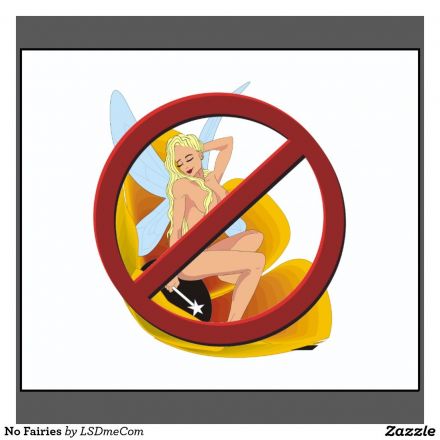

10 years ago
14
The Free Market Fairy
It's time we stopped believing in the Free Market Fairy. To listen to the far right today, everyone from the movement conservatives to the lunatic fringe like Ron Paul, you can't get very far with out hearing about the Free Market Fairy. You know the one where you put your problem under the pillow and during the night the Free Market Fairy visits and your problem is solved the next morning.
Continue Reading





















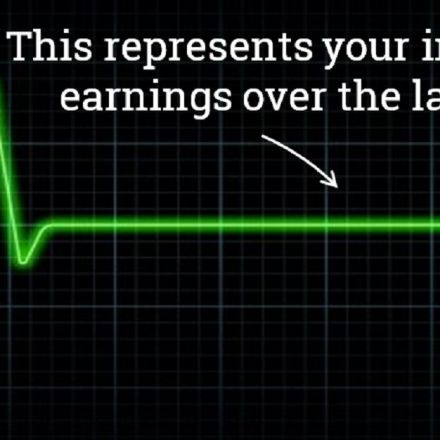
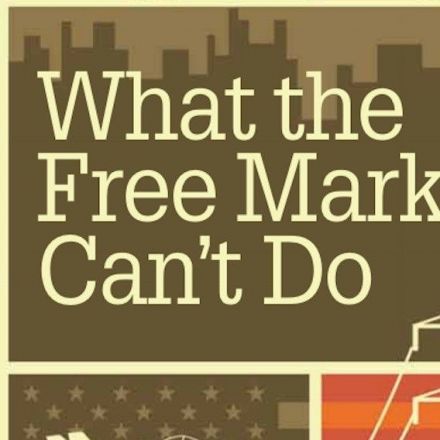
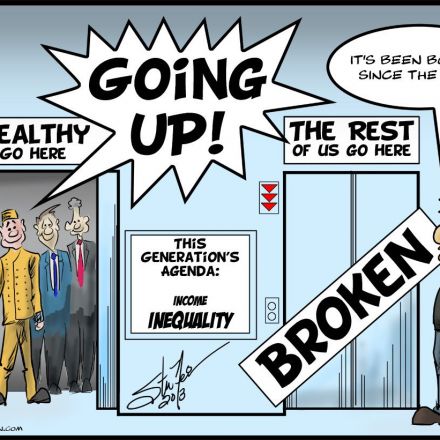

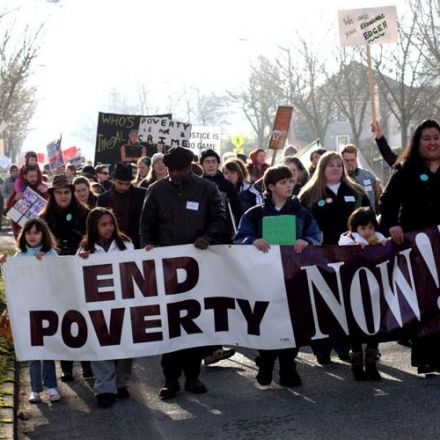
Join the Discussion
This seems like quite the straw man argument to me. I'm not a libertarian, but to say that free market advocates offer no explanation, scientific or otherwise, for their beliefs is to discount years of research. Award-winning economists have spent their careers developing models to explain the mechanisms of free market solutions.
Well, I'll concede to you that they've tried. But they've never been able to use those models to create the kind of free market utopia they keep insisting will happen if we just follow their advice. Even Milton Friedman was forced to back off from Chile as Pinochet's free market policies created vast gulfs of income disparity.
As Orwell observed to Hayek, "The trouble with competitions is that somebody wins them."
I'd also like to make the distinction between positive and normative economics, here. They've created the models and shown they can work in a natural market, but putting them into positive practice is a different animal altogether. It would be extremely difficult to go from our mixed system to something like Great Britain had when they ruled the waves.
I'll grant you that. But people keep insisting that we must put them into positive practice, as if it's some kind of moral imperative. And every time we start down that path, a lot of people start getting hurt. I'm pretty sure this is what Joe refers to when he describes the "Free Market Fairy."
Oh, I'm with you, there. But it is wrong to say there's no scientific evidence to support any of their claims. Also, there are many contributing factors, like the business cycle, to consider. There are, however, a few practices that we know to promote growth--like globalization and free trade.
I'm not overly enthusiastic about "scientific evidence" on the topic. I'm talking about practical results. Until free market fairy advocates can show me practical results of a fair and stable society that follows their predictions, I'm not going to take them seriously.
Well, that's where you differ. Free market folk seem to look for liberty and prosperity in key outcomes rather than equality.
I understand that there are different schools of thought here, and neither side has proven the other to be incorrect. It is wrong to say, however, that either side lacks evidence and relies only on magic as an explanation for their solutions.
Well, the macroeconomic theory that governed most Western economies for the better part of fifty years has a great deal of data and historical precedent to support it. The -- let's call them alternative -- schools of economics do not. Every time we follow one of the various schools urging "free market" policies, we see a resurgence of economic panics, income disparity, recessions and unemployment.
There are economists who have a far better track record at predicting the results of various budget and economic proposals than others. Should we not listen to them rather than insist that "free market" policies must be right in spite of a lack of any evidence to support it?
It really depends on how you view the evidence. I can shoot holes through arguments like this one just like you'd be able to shoot holes through any study I could show you on the free market. Like I said, I think the truth lies somewhere in the middle. My problem is the tunnel vision that people get when they choose to stand on either side of the issue. Fallacies exist on both sides of the argument.
My position rests on one simple proposition: whenever we listen to people urging deregulation and allow markets to "self-correct" without government intervention, more people get hurt than otherwise. So long as that continues to be true and without a single example of a free market policies that don't create distopian results I will continue to oppose the "alternative" schools of economic policy.
I wouldn't call the Chicago school alternative. Nor would I consider Hayek to be an alternative our counterculture economist. http://m.youtube.com/watch?v=rQLBitV69Cc
I've very much enjoyed discussing this with you.
Probably not any longer, no.
He's certainly not relevant to modern economics if he ever was.